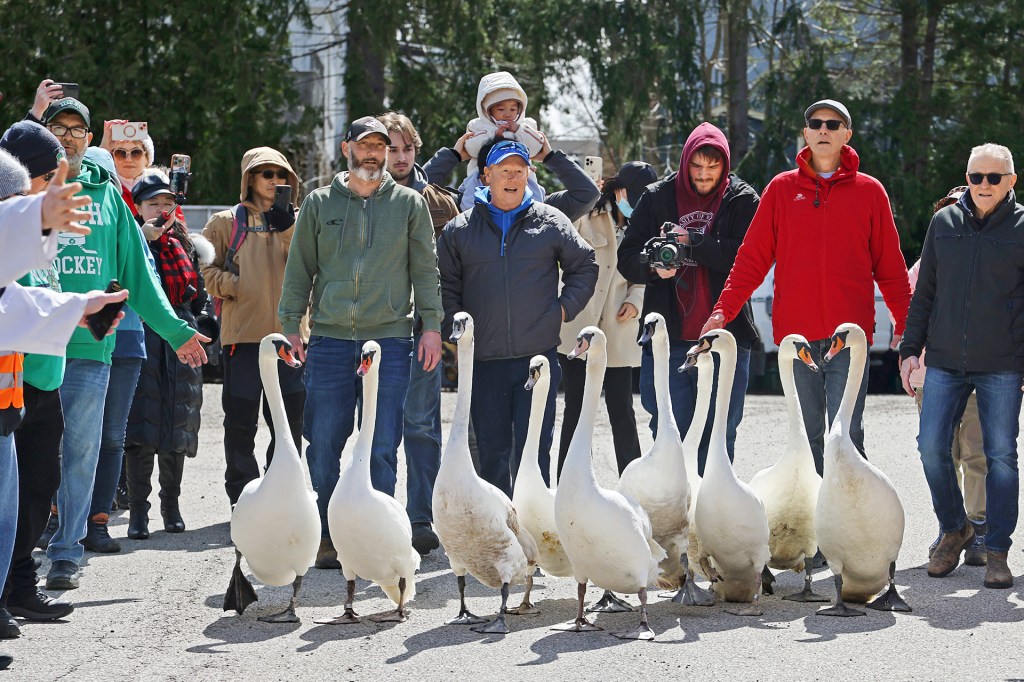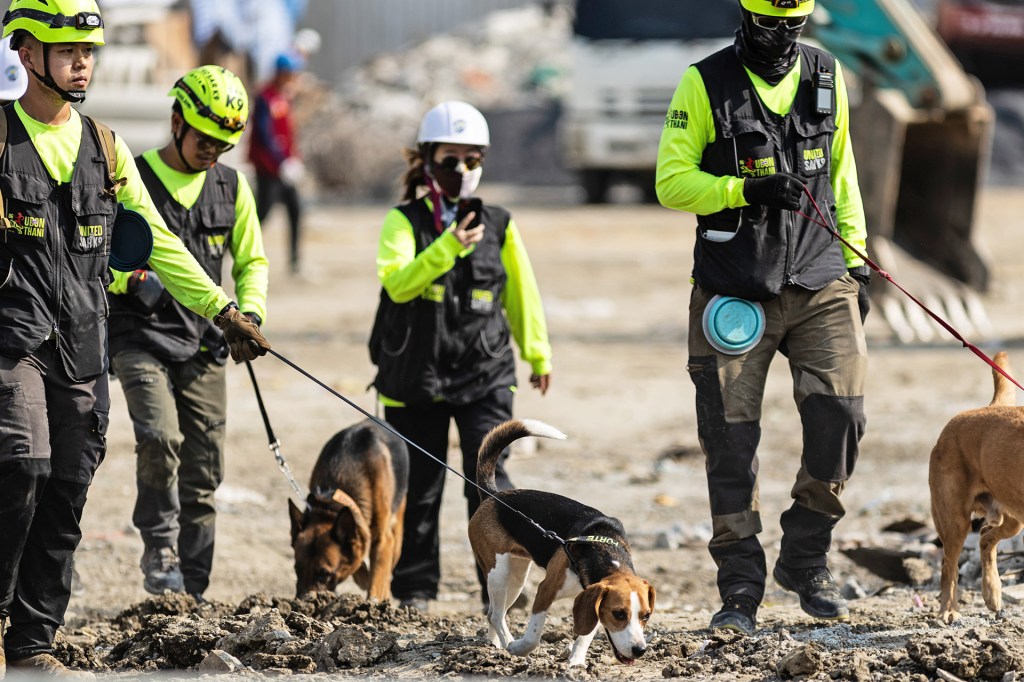Troubled Waters
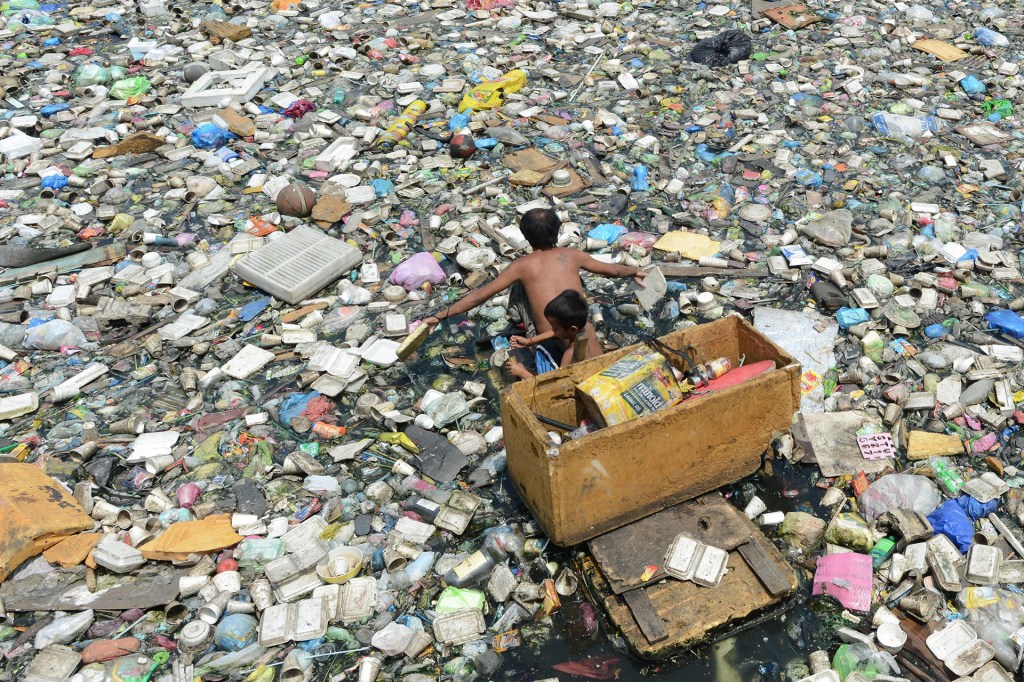
Plastic can be found in almost everything. That includes toys, food containers, and car parts. Most plastic can—and should—be recycled.
Instead, it often is thrown away. Much of this plastic trash ends up in the oceans. It gets there mainly from litter on land and overflowing sewers. The rest is dumped directly into the sea.
Some 8 million tons of plastic flows into the seas each year. That’s equal to a garbage truck full of plastic every minute. Plastic does not fully degrade, or break down, into harmless components
component
 KFIR HARBI—GETTY IMAGES
a part or element of something
(noun)
Flour is the main component of bread.
. Once it reaches the ocean, it clogs reefs. It also kills wildlife and litters shores.
KFIR HARBI—GETTY IMAGES
a part or element of something
(noun)
Flour is the main component of bread.
. Once it reaches the ocean, it clogs reefs. It also kills wildlife and litters shores.
In response to this problem, the United Nations (U.N.) hosted its first-ever Ocean Conference. That was in June. At the conference, the U.N.’s 193 member nations made a pledge. They agreed to protect the oceans from pollution.
“The sea has a special relationship with all of us,” AntÓnio Guterres said in a press release. He is the secretary-general of the U.N. “But the relationship is under threat as never before.”
Countries in Asia have pledged to clean up their act. The commitment from China, Thailand, and Indonesia is promising. They produce up to 60% of all marine
marine
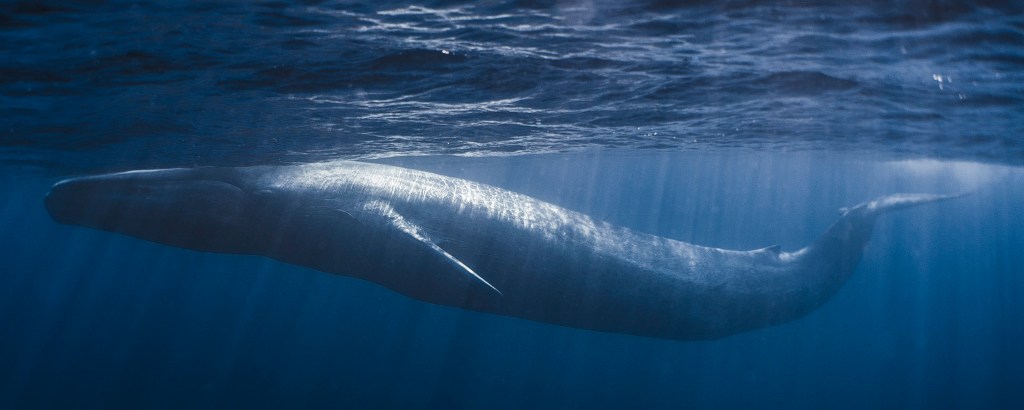 PATRICK DYKSTRA—BARCROFT IMAGES/BARCROFT MEDIA/GETTY IMAGES
COLOMBO, SRI LANKA - APRIL 2015: Blue whales are typically known to nurse their calves deep under the water - so the sight captured in Sri Lanka was an extremely special one, in Colombo, Sri Lanka, April 2015.
WORLD first footage shows a baby blue whale nursing captured off the South Coast of Sri Lanka. The incredibly rare footage taken by wildlife film-maker Patrick Dykstra shows an approximately 80-foot blue whale mother feeding her calf. Blue whales are typically known to nurse their calves deep under the water - so the sight captured in Sri Lanka was an extremely special one.
PHOTOGRAPH BY Patrick Dykstra / Barcroft Images
London-T:+44 207 033 1031 E:hello@barcroftmedia.com -
New York-T:+1 212 796 2458 E:hello@barcroftusa.com -
New Delhi-T:+91 11 4053 2429 E:hello@barcroftindia.com www.barcroftimages.com (Photo credit should read Patrick Dykstra /Barcroft Images / Barcroft Media via Getty Images)
of or relating to the ocean
(adjective)
The blue whale is the largest marine animal.
plastic waste because of leakage from underdeveloped garbage-collection facilities.
PATRICK DYKSTRA—BARCROFT IMAGES/BARCROFT MEDIA/GETTY IMAGES
COLOMBO, SRI LANKA - APRIL 2015: Blue whales are typically known to nurse their calves deep under the water - so the sight captured in Sri Lanka was an extremely special one, in Colombo, Sri Lanka, April 2015.
WORLD first footage shows a baby blue whale nursing captured off the South Coast of Sri Lanka. The incredibly rare footage taken by wildlife film-maker Patrick Dykstra shows an approximately 80-foot blue whale mother feeding her calf. Blue whales are typically known to nurse their calves deep under the water - so the sight captured in Sri Lanka was an extremely special one.
PHOTOGRAPH BY Patrick Dykstra / Barcroft Images
London-T:+44 207 033 1031 E:hello@barcroftmedia.com -
New York-T:+1 212 796 2458 E:hello@barcroftusa.com -
New Delhi-T:+91 11 4053 2429 E:hello@barcroftindia.com www.barcroftimages.com (Photo credit should read Patrick Dykstra /Barcroft Images / Barcroft Media via Getty Images)
of or relating to the ocean
(adjective)
The blue whale is the largest marine animal.
plastic waste because of leakage from underdeveloped garbage-collection facilities.
Turning the Tide
Innovators
innovator
 DAVID PAUL MORRIS—GETTY IMAGES
a person who introduces a new way of doing something
(noun)
Steve Jobs is viewed as an innovator for coming up with the idea for the iPhone.
and companies worldwide are developing ways to keep plastic out of oceans, remove it, and recycle it.
DAVID PAUL MORRIS—GETTY IMAGES
a person who introduces a new way of doing something
(noun)
Steve Jobs is viewed as an innovator for coming up with the idea for the iPhone.
and companies worldwide are developing ways to keep plastic out of oceans, remove it, and recycle it.
Dell, a computer company, is creating laptop packaging from recycled plastic trash that was found in Haiti. Dell estimates the project will prevent 16,000 pounds of plastic from entering oceans.
“We hope to encourage more companies to [confront] a growing environmental issue,” Carly Tatum says. She is a Dell spokeswoman.
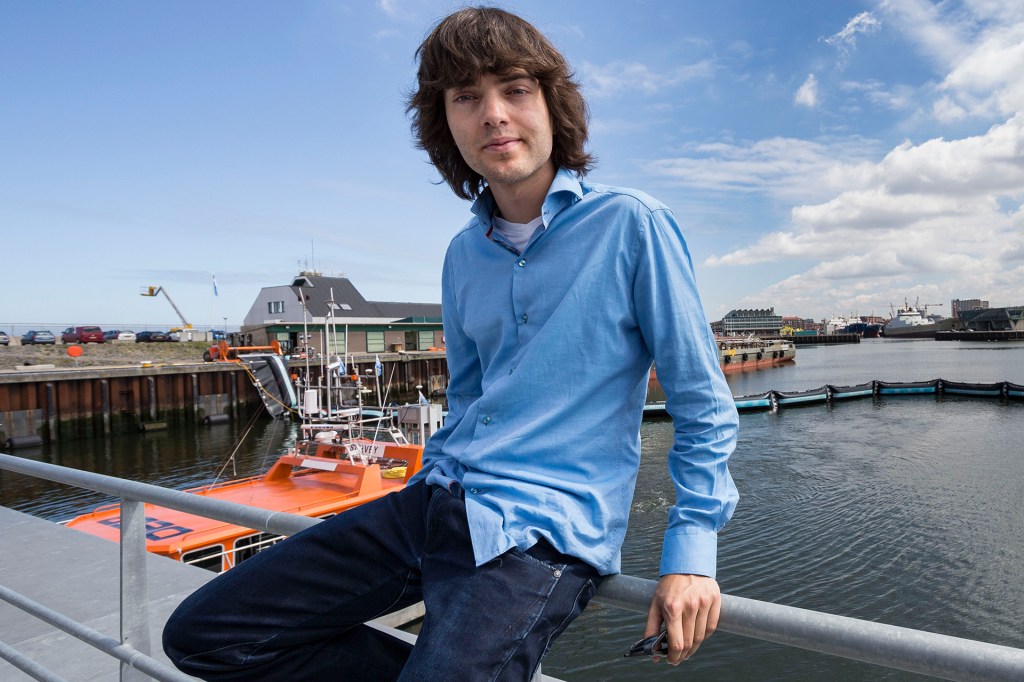
Boyan Slat built floating barriers to contain plastic waste.
MICHEL PORRO–GETTY IMAGESIn the Netherlands, Boyan Slat has invented a system for ridding the oceans of plastic. It will rely on ocean currents to drive plastic debris into floating barriers. Then the plastic trash can be collected.
“Although it is essential to prevent more plastic from entering the oceans, the plastic that’s already trapped in the currents of the oceans will not go away by itself,” Jan van Ewijk says. He is a representative of the Ocean Cleanup, Slat’s group.
Next year, Slat plans to test his system in a polluted spot in the Pacific Ocean. He predicts the system will clean up 50% of a giant patch of garbage in just five years.
But environmentalists warn that there is no quick fix to plastic pollution. The real solution lies in nations adopting
adopt
 DREW NASH—THE TIMES-NEWS/AP
to accept formally
(verb)
The city council agreed to adopt a new set of rules.
stronger laws around the disposal of plastic.
DREW NASH—THE TIMES-NEWS/AP
to accept formally
(verb)
The city council agreed to adopt a new set of rules.
stronger laws around the disposal of plastic.
“It is past time that we tackle the plastic problem that [is destroying] our oceans,” Erik Solheim says. He is the head of the U.N. Environment Program. “We’ve stood by too long as the problem has gotten worse.”







